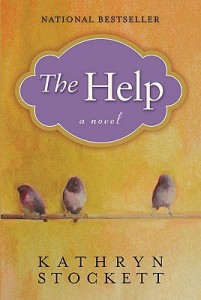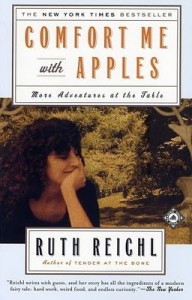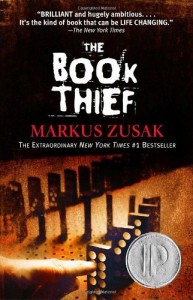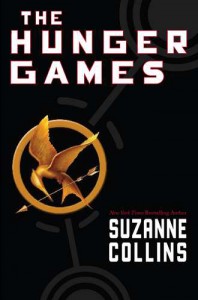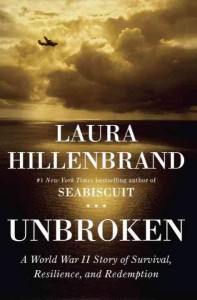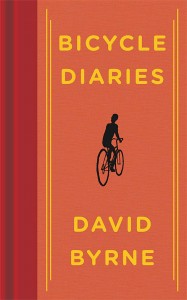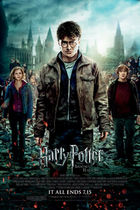Fall author lineup has something for everyone
I’ve just received the lineup of authors coming to Snell Library this fall to speak about their books. It arrived in my email and my snail mail on the same day, which seemed fortuitous somehow. Of course the first thing I did was scan to see if I had read any of the books (nope, not yet) or even heard of any of the authors (yes!).
What struck me as I examined the list was the terrific variety we have to offer. Whether you’re interested in history, women’s studies, sports, journalism, marketing, politics, law, or just a few good fiction reads, there’s an author coming to speak at Snell that you’ll be interested in hearing from!
The season opens with John Ferling’s Independence: The Stuggle to Set America Free on 9/14 (you can never read enough about the Declaration of Independence, right?) followed by Peter F. Stevens on 9/21, reading from The Twilight Riders: The Last Charge of the 26th Cavalry, another history book, this one about World War II.
Lou Imbriano, former Chief Marketing Officer for the New England Patriots, talks about his new book Winning the Customer, which covers revenue-building marketing strategies from a top NFL CMO on 9/22. And Martin Henn will present Under the Color of Law about counterterrorism law and policy on 10/19, a timely topic in this 10th anniversary year of the Al-Qa’ida attacks.
 Interested in fiction? If so, meet Gary Braver, who reads from his new suspense novel, Tunnel Vision, on 10/26. This novel has won advance praise from none other than Ray Bradbury! Braver may be better known to you as Gary Goshgarian, longtime professor of English at Northeastern. Read more about why he writes under a pen name here.
Interested in fiction? If so, meet Gary Braver, who reads from his new suspense novel, Tunnel Vision, on 10/26. This novel has won advance praise from none other than Ray Bradbury! Braver may be better known to you as Gary Goshgarian, longtime professor of English at Northeastern. Read more about why he writes under a pen name here.
There’s a trifecta of authors coming to discuss the role and status of women this fall: Joumana Haddad, author of I Killed Scheherazade: Confessions of an Angry Arab Woman comes to Snell on 10/20, sports journalist Linda Cohn, author of Cohn-Head: A No-Holds-Barred Account of Breaking into the Boys Club on 10/22, and Dr. Emily Fox Kales, author of Body Shots: Hollywood and the Culture of Eating Disorders on 11/16.

Capping off the season is a very special event: An Evening with Al Vega (11/17), hosted by acclaimed WGBH music announcer Ron Della Chiesa and Leonard Brown of Northeastern’s Department of African American Studies and Music. Jazz pianist Al Vega, who attended Northeastern in the 1940s, will perform with his trio, and Prof. Brown will present his book about Vega, Boston’s Jazz Legend: the Al Vega Story. This event is open to Northeastern University faculty, staff and students.
Join your friends and colleagues in meeting Snell’s visiting authors this fall!
